

Articles
How To Store Cds With Cases
Modified: January 7, 2024
Learn how to properly store your CDs with cases in order to keep them protected and organized. Discover useful articles and tips for preserving your CD collection.
(Many of the links in this article redirect to a specific reviewed product. Your purchase of these products through affiliate links helps to generate commission for Storables.com, at no extra cost. Learn more)
Introduction
CDs have been a popular medium for storing and playing music, movies, and data for many years. While digital downloads and streaming services have become more prevalent, many people still have a collection of CDs that they cherish and want to keep in good condition. Properly storing CDs with their cases is essential to protect them from damage and maintain their longevity.
When it comes to CD storage, there are various options to choose from. Different types of CD cases offer different levels of protection and convenience. Additionally, there are important factors to consider, such as space availability and accessibility.
In this article, we will explore the different types of CD cases and their pros and cons. We will also provide best practices for CD storage to ensure your collection remains well-preserved. Whether you prefer storing CDs in jewel cases, sleeves, wallets, or specialty cases, we’ve got you covered. Finally, we will share some tips on how to efficiently organize your CD collection.
So, if you’re ready to learn how to store CDs with cases effectively, let’s dive in!
Key Takeaways:
- Proper CD storage and organization are essential for preserving your collection. Consider factors like protection, space, and accessibility when choosing CD cases, and implement best practices for handling and labeling your CDs.
- Whether you prefer jewel cases, sleeves, wallets, binders, or specialty cases, there are best practices for each storage method. Keep CDs in a cool, dry environment, handle them with care, and consider digitalizing your collection for easy access and organization.
Read more: How To Store Cds Without Cases
Types of CD Cases
There are several types of CD cases available on the market, each with its own advantages and disadvantages. Understanding the different options will help you choose the best CD case for your storage needs.
- Jewel Cases: The most common type of CD case is the jewel case. It consists of a plastic outer shell that holds the CD and an insert tray for artwork or liner notes. Jewel cases offer excellent protection against scratches and dust. They are also stackable, making them easy to store on shelves. However, they can be bulky and take up more space compared to other types of cases.
- Sleeves: CD sleeves are a slim and compact option for storing CDs. They are usually made of paper or plastic and come in various sizes. Sleeves are great for saving space as they are much thinner than jewel cases. However, they offer less protection and are more prone to scratches. To mitigate this, look for anti-static sleeves that reduce the chance of static build-up damaging the CD.
- Wallets or Binders: CD wallets or binders are designed to hold multiple CDs in one convenient storage unit. They usually feature pages with pockets where you can slide in your CDs. This storage solution is ideal for those with large CD collections as it saves space and allows for easy organization. However, keep in mind that the CDs may rub against each other in the pockets, potentially causing scratches.
- Storage Boxes: CD storage boxes are usually made of sturdy materials like plastic or metal and come in various sizes. They offer good protection against dust and can be stacked or stored on shelves. Some storage boxes come with dividers, allowing you to organize your CDs by genre, artist, or any other preferred category. However, retrieving a specific CD from a box can be less convenient compared to other cases.
- Specialty Cases: There are also specialty cases available for specific needs. For example, there are CD cases designed for travel that provide extra protection during transportation. Additionally, there are slim cases that are designed for storing CDs in tight spaces.
When choosing a CD case, consider factors such as the size of your CD collection, available storage space, and the level of protection you desire. Now that we’ve explored the different types of CD cases, let’s move on to the important factors to consider when storing CDs.
Important Factors to Consider
When it comes to storing CDs with cases, there are several important factors to consider. These factors will help you make informed decisions about the best storage options for your CDs. Let’s delve into these factors below:
- Protection: The primary purpose of CD storage is to protect your discs from damage. Consider the level of protection offered by each type of CD case. Jewel cases provide excellent protection against scratches and dust, while sleeves offer less protection. Wallets and binders protect against scratches but may result in CDs rubbing against each other. Storage boxes offer good protection but may require additional measures to protect against dust and humidity.
- Space: Evaluate the available storage space you have for your CD collection. Jewel cases can take up more space compared to sleeves or wallets. Storage boxes may be more compact and stackable, while specialty cases offer space-saving options for tight storage areas. Consider the number of CDs you have and choose a storage solution that maximizes your available space.
- Accessibility: Think about how easily you want to access your CDs. Jewel cases and specialty cases allow for easy viewing and retrieval of specific CDs. Sleeves, wallets, and binders may require flipping through pages to find the desired CD. Storage boxes may require rearranging CDs to access a specific one. Consider your preferences and storage needs to strike a balance between accessibility and space efficiency.
- Aesthetics: If visual appeal is important to you, consider the aesthetic factors of the CD cases. Jewel cases often come with artwork or liner notes inserts, making them visually appealing when displayed on shelves. Sleeves, wallets, and binders may not offer the same visual impact, but you can customize them with labels or decorative elements. Choose a CD case that aligns with your aesthetic preferences.
- Longevity: Consider the durability and longevity of the CD cases. Jewel cases are typically more durable and can withstand frequent use and handling. Sleeves and wallets may wear out over time and require replacement. Storage boxes and specialty cases made of sturdy materials will last longer. Opt for CD cases that are built to withstand the test of time.
By taking these factors into account, you can make an informed decision on the best CD case for storing your collection. Now that we’ve discussed the important factors, let’s move on to the best practices for CD storage.
Best Practices for CD Storage
To ensure the longevity and preservation of your CD collection, it’s important to follow some best practices for CD storage. By implementing these practices, you can minimize the risk of damage and maintain the quality of your CDs. Let’s explore these best practices below:
- Keep CDs in a Cool and Dry Environment: Excessive heat and humidity can damage CDs. Store them in a cool and dry location away from direct sunlight and moisture. High temperatures can cause warping or discoloration, while moisture can lead to mold and deterioration of the CD surface.
- Handle CDs with Care: When handling CDs, hold them by the edges or the center hole to avoid fingerprints or scratches on the playable surface. Avoid touching the underside of the disc, as it contains the data layer and is more susceptible to damage.
- Clean CDs Properly: If your CDs become dirty or smudged, clean them using a soft, lint-free cloth. Wipe gently in a straight line from the center hole to the outer edge. Avoid using harsh chemicals or abrasive materials that can scratch the surface.
- Store CDs in an Upright Position: If you’re using jewel cases, store the CDs in an upright position on shelves. This helps prevent warping and protects them from accidentally sliding out of the case. Avoid stacking CDs on top of each other, as this can lead to scratches.
- Label CDs Correctly: Clearly label your CDs with the relevant information, such as the contents, artist, or album title. Use a waterproof or permanent marker and avoid writing on the playable surface. This will make it easier to identify and locate specific CDs in your collection.
- Invest in Protective Sleeves: If you opt for CD sleeves, consider investing in high-quality anti-static sleeves. These sleeves provide better protection against scratches and static buildup, which can cause damage to the CDs. Make sure the sleeves fit snugly to prevent the CDs from sliding out.
- Organize and Catalog your Collection: Develop a systematic method for organizing and cataloging your CD collection. Create a database or spreadsheet to track the contents, artists, genres, and any other relevant information. This will help you quickly locate specific CDs and maintain an organized collection.
By following these best practices, you can safeguard your CD collection and ensure that they remain in optimal condition. Whether you choose jewel cases, sleeves, wallets, or specialty cases for storage, implementing these practices will help preserve your CDs for years to come. Now, let’s explore the specific methods for storing CDs in different types of cases.
Storing CDs in Jewel Cases
Jewel cases are one of the most common and widely-used CD storage options. They offer excellent protection against scratches and dust, making them a popular choice for storing CDs. Here are some best practices for storing CDs in jewel cases:
- Insert the CD Properly: When placing a CD into a jewel case, make sure it is centered on the tray and sits securely. Avoid forcing the CD into the case, as this can cause damage to the disc or the case itself.
- Keep the Jewel Case Closed: It’s important to keep the jewel case closed when not in use. This helps protect the CD from dust, moisture, and accidental damage. Additionally, keeping the case closed prevents the CD from accidentally slipping out and getting scratched or cracked.
- Store Jewel Cases Upright: Jewel cases should be stored in an upright position on shelves. This prevents the CDs from shifting and reduces the risk of scratches. Avoid stacking jewel cases on top of each other, as this can cause pressure and potential damage to the cases.
- Organize Jewel Cases: Consider organizing your jewel cases in a systematic manner. Group them alphabetically by artist or genre, or any other method that suits your preference. This will make it easier to locate and retrieve specific CDs from your collection.
- Protect Artwork and Liner Notes: Jewel cases often come with inserts for artwork and liner notes. Ensure that these inserts are properly stored behind the CD tray to avoid damage. You can also consider using plastic sleeves or protectors for the inserts to prevent tearing or smudging.
By following these best practices, you can effectively store your CDs in jewel cases and maintain their longevity. However, if you prefer a more space-efficient storage option, consider storing your CDs in sleeves. Let’s explore the best practices for storing CDs in sleeves next.
Read more: How To Store Cds
Storing CDs in Sleeves
If you’re looking for a more compact and space-efficient option for CD storage, sleeves are a great choice. CD sleeves are slim and lightweight, making them ideal for those with limited storage space. Here are some best practices for storing CDs in sleeves:
- Choose High-Quality Sleeves: When selecting CD sleeves, opt for high-quality options made of anti-static material. These sleeves help reduce the risk of scratches and static build-up, which can damage the CDs.
- Slide CDs Carefully: When inserting a CD into a sleeve, make sure you slide it in gently and avoid touching the playable surface. Hold the CD by the edges to prevent fingerprints or smudges. Avoid using excessive force, as it can cause the sleeve to tear or damage the CD.
- Label the Sleeves: To easily identify the CDs in your collection, label the sleeves with the relevant information. Use a waterproof or permanent marker to write the artist, album title, or any other details you find useful. Labeling the sleeves will make it simpler to locate specific CDs in your collection.
- Store Sleeves in a Suitable Container: To protect your CDs in sleeves, consider using a storage container or box specifically designed for CD storage. This will help keep the sleeves organized and provide an additional layer of protection against dust and damage.
- Handle with Care: When handling CDs stored in sleeves, make sure to hold them by the edges or the center hole. This prevents fingerprints and minimizes the risk of accidental scratches. Avoid placing heavy objects on top of the sleeves, as this can cause pressure and potential damage to the CDs.
Storing CDs in sleeves is an excellent option for those who prioritize space efficiency and convenience. However, if you prefer a more organized and comprehensive storage solution, storing CDs in wallets or binders might be the right choice. Let’s explore the best practices for storing CDs in wallets or binders next.
Store CDs with cases vertically to prevent warping and damage. Keep them in a cool, dry place away from direct sunlight to preserve the quality of the discs.
Storing CDs in Wallets or Binders
If you have a large CD collection and need a space-saving storage solution, storing CDs in wallets or binders is an excellent option. Wallets and binders allow you to store multiple CDs in one convenient unit. Here are some best practices for storing CDs in wallets or binders:
- Choose a Durable Wallet or Binder: When selecting a CD wallet or binder, opt for one made of durable materials that can withstand frequent use. Look for wallets or binders with reinforced edges and sturdy construction to ensure they can hold the CDs securely.
- Use CD Sleeves or Pockets: To protect the CDs in wallets or binders, be sure to use CD sleeves or pockets. These sleeves provide an extra layer of protection against scratches and dust. Make sure the sleeves fit properly in the wallet or binder to prevent the CDs from slipping out or getting damaged.
- Organize CDs in a Logical Manner: To easily locate and retrieve specific CDs from your wallet or binder, organize them in a systematic manner. You can sort them alphabetically by artist, genre, or any other preferred categorization method. Consider using dividers or tabs to separate different sections and maintain organization.
- Label the Sleeves or Pockets: To quickly identify CDs in your collection, label the sleeves or pockets with the relevant information. Use a waterproof or permanent marker to write the artist, album title, or any other useful details. Clear labeling will make it easier to find specific CDs when needed.
- Handle Gently: When removing or inserting CDs into wallets or binders, handle them carefully to avoid scratches or fingerprints. Hold the CDs by the edges or the center hole to minimize contact with the playable surface. Make sure your hands are clean and free from any debris that could transfer onto the CDs.
Storing CDs in wallets or binders provides a compact and organized solution for large CD collections. However, if you prefer a more traditional storage option, storing CDs in storage boxes might be suitable. Let’s explore the best practices for storing CDs in storage boxes next.
Storing CDs in Storage Boxes
If you have a sizable CD collection and want a storage solution that offers both protection and organization, storing CDs in storage boxes is a practical choice. Here are some best practices for storing CDs in storage boxes:
- Choose a Sturdy Storage Box: When selecting a storage box for your CDs, opt for one made of sturdy materials like plastic or metal. A durable storage box will provide better protection against dust, moisture, and physical damage.
- Use Dividers or Inserts: To keep your CDs organized within the storage box, consider using dividers or inserts. These dividers will help create sections for CDs based on artist, genre, or any other preferred categorization method. They will also prevent CDs from shifting and potentially getting scratched.
- Protect CDs with Sleeves: Before placing your CDs in the storage box, slide them into CD sleeves for added protection. The sleeves will help prevent scratches and dust accumulation. Be sure to select high-quality, anti-static sleeves to minimize any potential damage.
- Label the Dividers or Inserts: To easily identify the sections or categories within your storage box, label the dividers or inserts with relevant information. Use a waterproof or permanent marker to write the artist, genre, or any other details that will help facilitate organization and retrieval of your CDs.
- Store the Storage Box Properly: Choose a suitable location to store your CD storage box. Make sure it is in a cool, dry area away from direct sunlight, moisture, or extreme temperatures. This will help maintain the integrity of the CDs and prevent any potential damage.
Storing CDs in storage boxes provides a comprehensive and organized solution for those with large CD collections. The boxes not only offer protection but also allow for easy categorization and retrieval of your CDs. However, if you have specific storage needs or travel requirements, specialty cases might be the best option. Let’s explore the best practices for storing CDs in specialty cases next.
Storing CDs in Specialty Cases
If you have specific storage needs or frequently travel with your CDs, specialty cases can provide the perfect solution. These cases are designed to meet unique requirements and offer added protection during transportation. Here are some best practices for storing CDs in specialty cases:
- Choose the Appropriate Case: Depending on your needs, there are various specialty cases available. For travel purposes, consider cases with rugged exteriors and cushioned interiors to protect against impacts. For space-saving options, slim cases are designed to fit in tight storage areas.
- Ensure a Secure Fit: When placing your CDs in specialty cases, make sure they fit securely without excessive movement. This will prevent CDs from rubbing against each other and minimize the risk of scratches or damage during transportation.
- Protect CDs with Sleeves or Inserts: To provide an extra layer of protection, use CD sleeves or inserts within the specialty cases. The sleeves will help reduce the risk of scratches, and the inserts can prevent CDs from sliding or shifting.
- Label the Cases: Labeling your specialty cases can make it easier to identify the contents or specific CDs. Use a waterproof or permanent marker to write details such as artist, album, or any other relevant information. Clear labels will aid in quickly locating the desired CDs.
- Store Specialty Cases Properly: When not in use, store the specialty cases in a secure and suitable location. Keep them away from extreme temperatures, moisture, or direct sunlight to prevent potential damage to the CDs and the cases themselves.
- Follow Manufacturer Instructions: Specialty cases may come with specific storage or usage instructions provided by the manufacturer. Make sure to read and follow these instructions to ensure optimal protection and longevity of your CDs.
Storing CDs in specialty cases offers tailored solutions for unique requirements, such as travel or space constraints. By following these best practices, you can effectively protect your CDs and enjoy the convenience these specialty cases provide. Now that we’ve explored the best practices for storing CDs in different types of cases, let’s move on to some tips for organizing your CD collection.
Read more: How To Store Cds Long-Term
Tips for Organizing CD Collections
An organized CD collection can make it easier to find and enjoy your favorite albums. Whether you have a small or large CD collection, implementing effective organization strategies will bring convenience and efficiency to your music exploration. Here are some tips for organizing your CD collection:
- Create a Categorization System: Develop a categorization system that works for you. Consider organizing your CDs alphabetically by artist, then by album title. Alternatively, you can categorize them by genre, year, or even mood. Choose a system that allows for easy navigation and reflects your listening preferences.
- Utilize Index or Alphabetical Tabs: If you prefer physical organization, invest in index or alphabetical tabs. Use these tabs to separate different sections within your CD collection. This will make it quick and effortless to locate CDs based on your chosen categorization method.
- Digitalize Your Collection: Consider digitizing your CD collection by ripping the music onto your computer or external storage. This allows for easy access to your music without having to physically search for a specific CD. Make sure to organize the digital files in a way that mirrors your physical organization system.
- Create a Database or Spreadsheet: Develop a database or spreadsheet to track the details of your CD collection. Include information such as artist, album title, genre, release year, and any other relevant information. This digital catalog will serve as a handy reference when looking for specific CDs.
- Consider App-Based Organization: There are various mobile apps and software available that can assist in organizing your CD collection digitally. These apps allow you to scan barcodes or manually enter details to create a comprehensive library of your CDs. Some even provide additional features like cover art, streaming integration, and personalized recommendations.
- Keep a Loan Record: If you frequently lend CDs to friends or family, keep a record of borrowed CDs. This will help you keep track of who has what, preventing any loss or confusion when trying to retrieve borrowed CDs.
- Regularly Update and Maintain: Take the time to regularly update your organization system as you acquire new CDs. Make sure to add new entries to your database or spreadsheet and file them into their respective sections. This will ensure that your collection remains organized and easy to navigate.
By implementing these tips, you can successfully organize your CD collection, making it a breeze to find and enjoy your favorite music. Whether you choose physical or digital organization methods, the key is to establish a system that suits your preferences and keeps your CDs easily accessible. Now, with your collection organized, you can enjoy your CDs hassle-free!
Conclusion
Properly storing and organizing your CD collection is crucial for preserving the quality and longevity of your CDs. By following the tips and best practices outlined in this article, you can ensure that your CDs remain in excellent condition and easily accessible for your listening pleasure.
When it comes to CD storage, there are various types of cases to choose from, including jewel cases, sleeves, wallets, binders, specialty cases, and storage boxes. Each option offers different levels of protection, space efficiency, and convenience. Consider your specific needs and preferences when selecting the right case for your CD collection.
Important factors to consider when storing CDs with cases include protection, space availability, accessibility, aesthetics, and longevity. By taking these factors into account, you can make informed decisions about the best storage options for your CDs.
In terms of best practices, it’s vital to store CDs in a cool and dry environment, handle them with care, and clean them properly when necessary. Additionally, organizing and labeling your CD collection, whether physically or digitally, will make it easier to locate specific CDs and maintain an organized collection.
Remember to keep CDs in jewel cases closed, insert them properly, and store them upright. For CDs stored in sleeves, choose high-quality anti-static sleeves, label them, and handle them gently. When using wallets or binders, select durable options, use sleeves or pockets, and organize them logically. And, for CDs stored in storage boxes, choose sturdy boxes, use dividers or inserts, and store them properly.
Lastly, take advantage of technology by digitalizing your CD collection, creating a database or spreadsheet, and using apps for organization. Regularly update and maintain your organization system to keep track of your CDs as your collection grows.
By implementing these practices, you can ensure that your CD collection is well-preserved, organized, and easily accessible. Whether you’re a music aficionado or simply cherish your favorite CDs, these tips will help you make the most of your collection for years to come. So, grab your favorite CD, put it on, and enjoy the music!
Frequently Asked Questions about How To Store Cds With Cases
Was this page helpful?
At Storables.com, we guarantee accurate and reliable information. Our content, validated by Expert Board Contributors, is crafted following stringent Editorial Policies. We're committed to providing you with well-researched, expert-backed insights for all your informational needs.

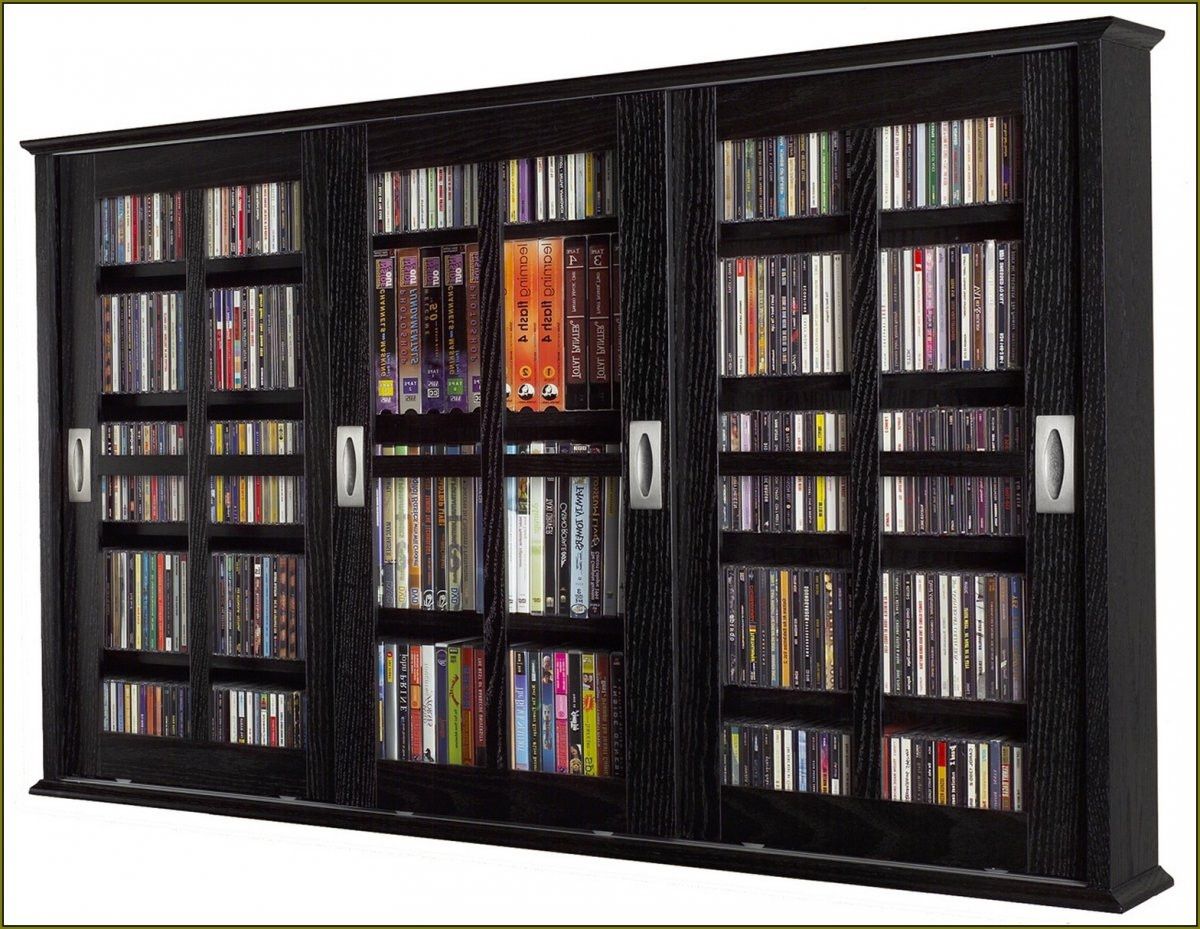
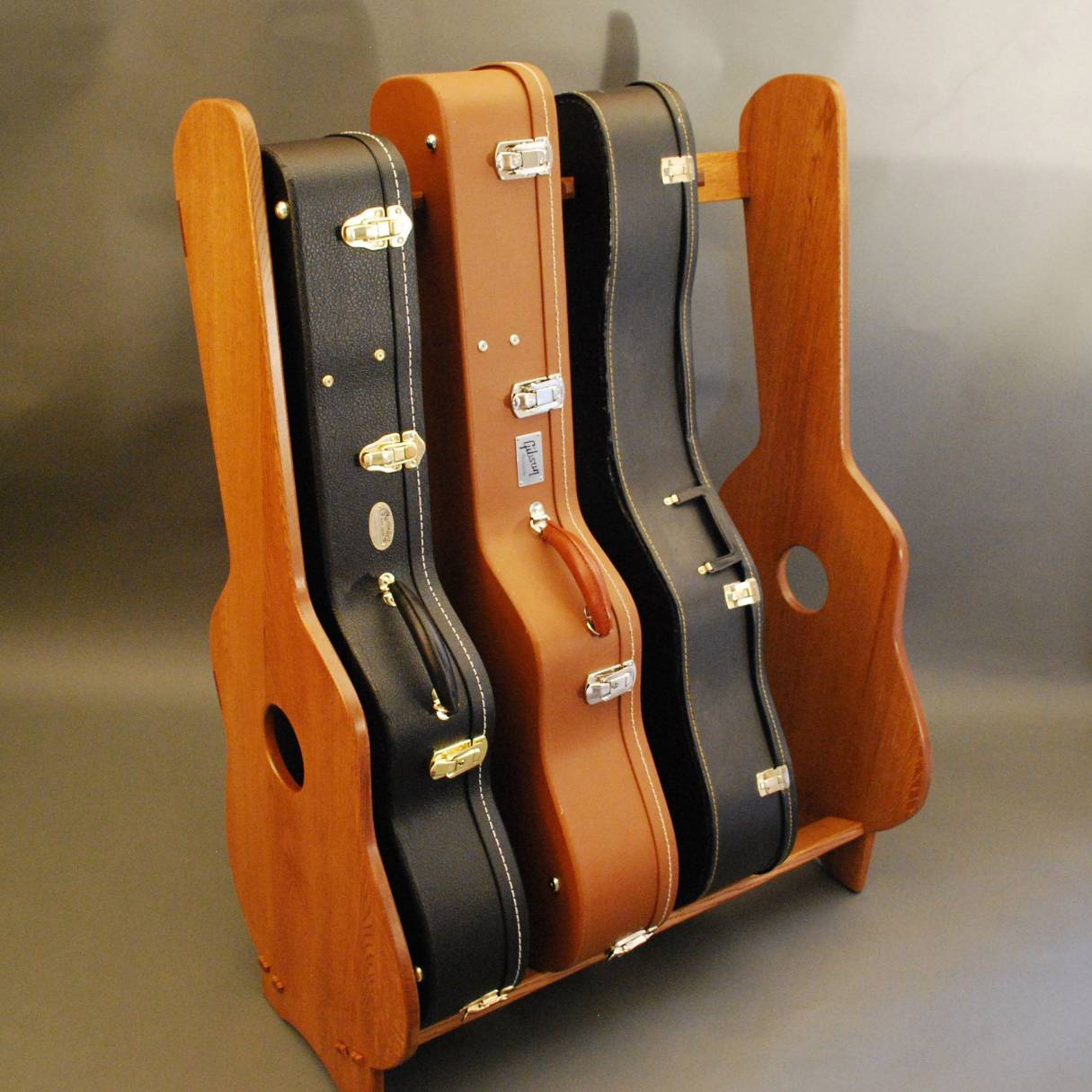


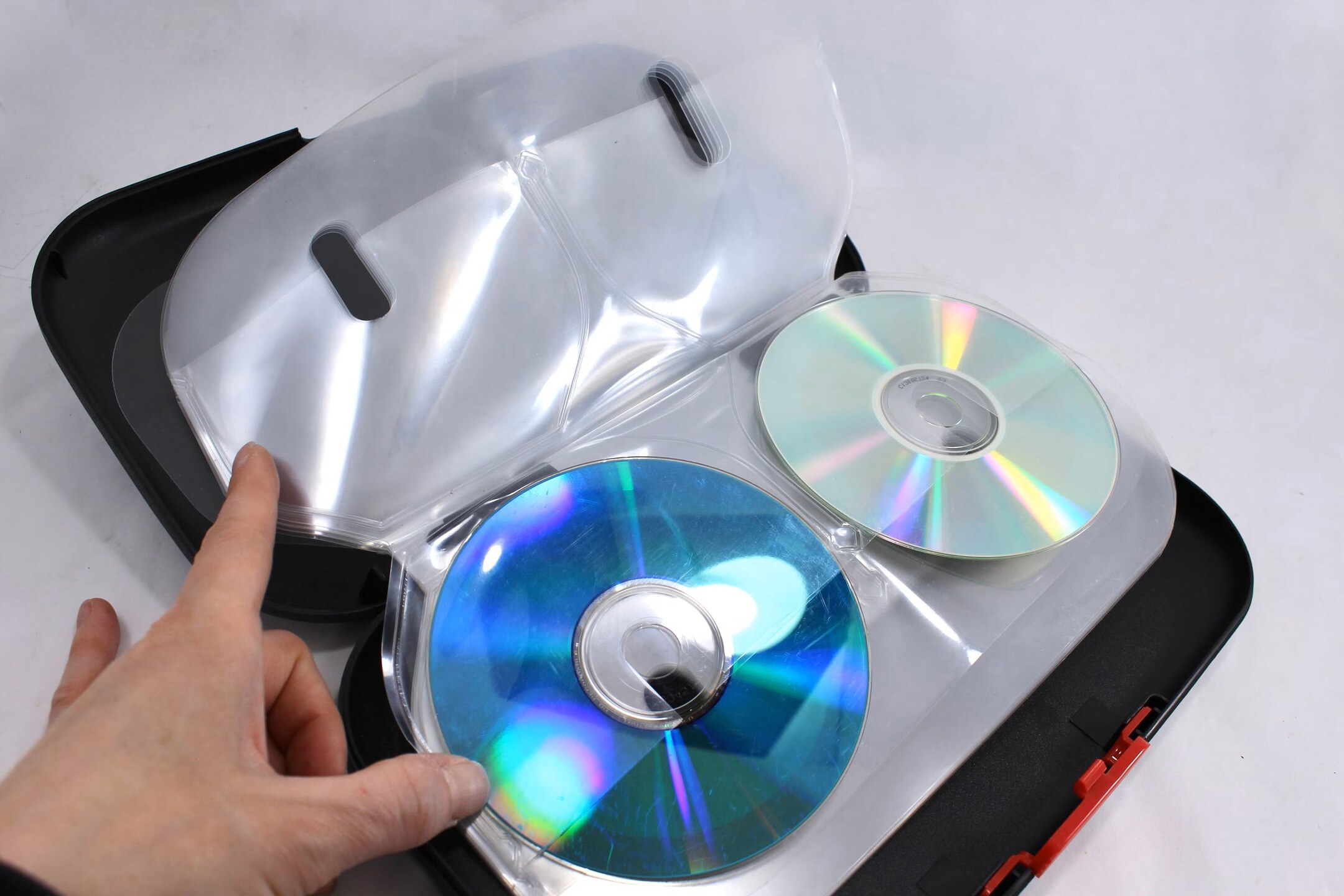
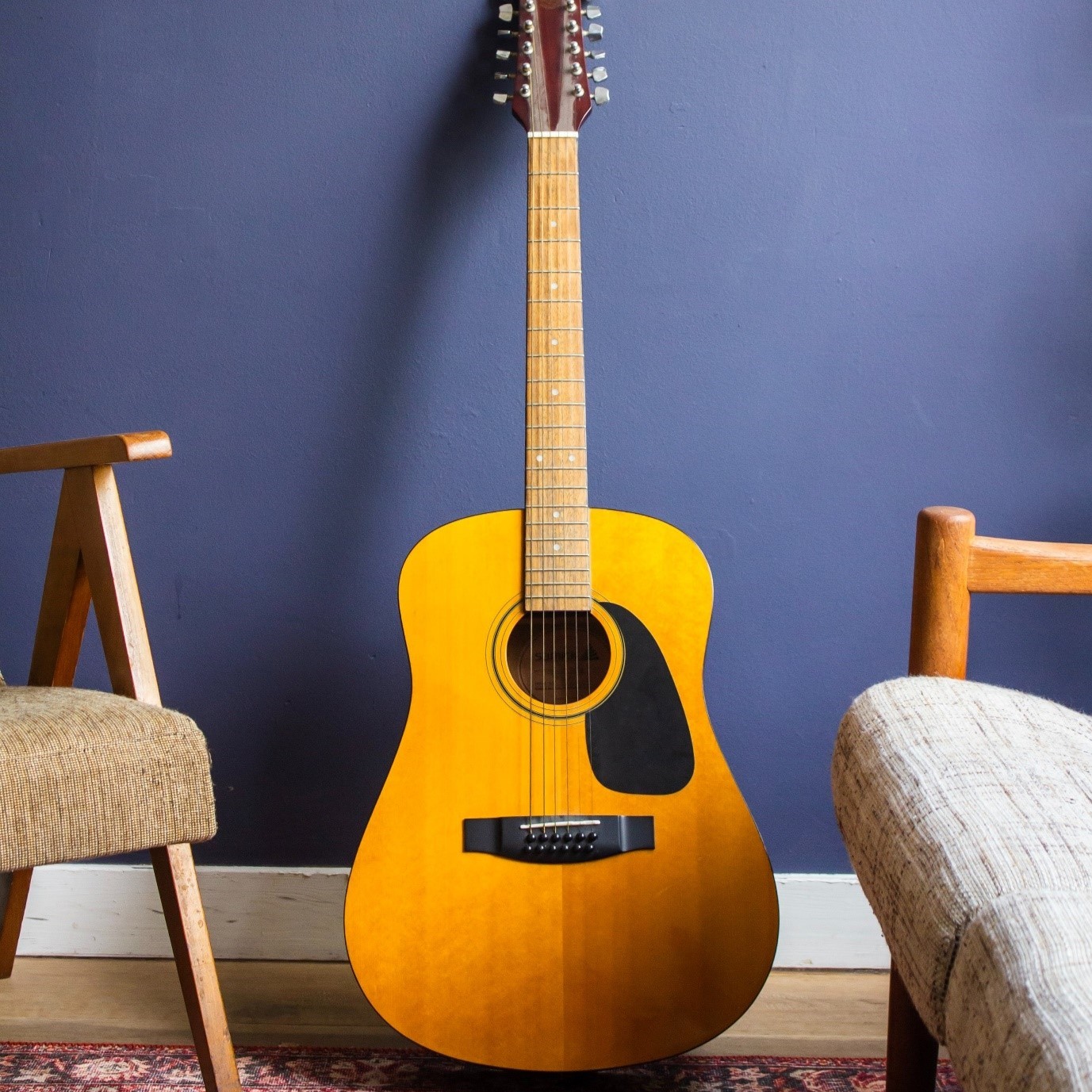


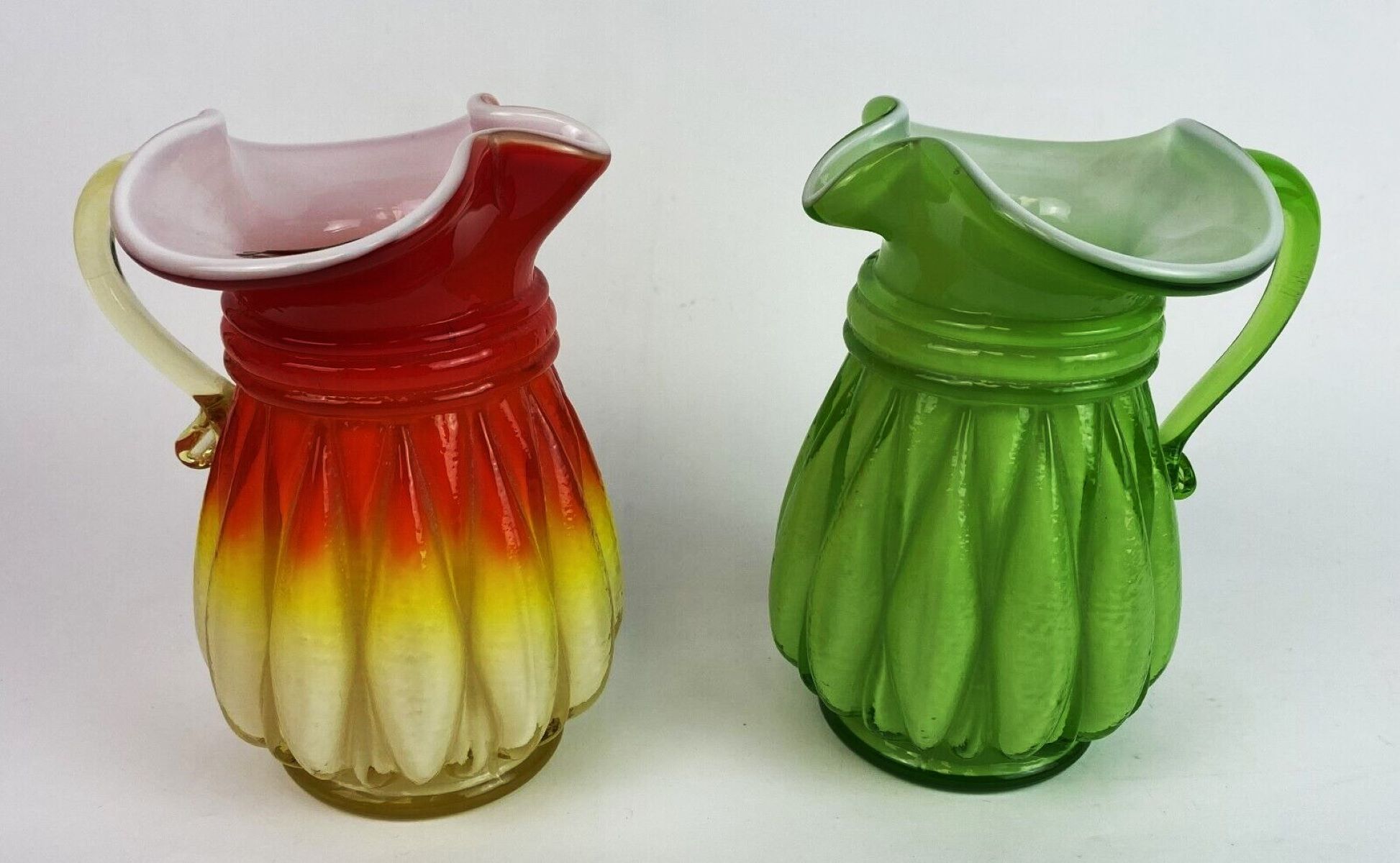


0 thoughts on “How To Store Cds With Cases”